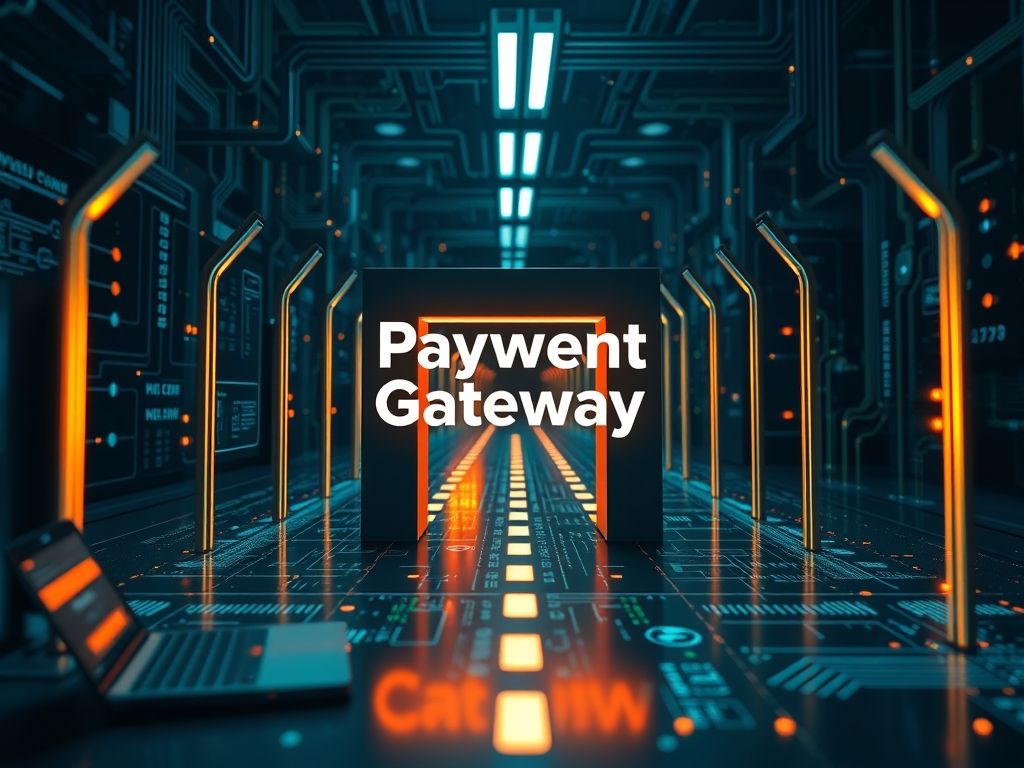Understanding Payment Gateways
A Payment Gateway is a technology that enables the transfer of payment information from a customer to a merchant. It acts as a bridge between a customer’s bank and the merchant’s bank, ensuring secure transactions over the internet. With the rise of e-commerce, understanding how payment gateways work has become essential for developers, entrepreneurs, and businesses.
Importance of Payment Gateways in E-commerce
As e-commerce continues to grow, the role of payment gateways becomes increasingly critical. They facilitate online transactions by securely managing sensitive information such as credit card details. Without a reliable payment gateway, businesses risk losing customers due to concerns over security.
- Secure Transactions: Payment gateways use encryption to protect sensitive data.
- Increased Sales: A streamlined checkout process can reduce cart abandonment rates.
- Global Reach: Payment gateways allow businesses to accept payments from customers worldwide.
How Payment Gateways Work
The process of a payment gateway can be broken down into several steps:
- Customer Checkout: The customer selects items and proceeds to checkout.
- Payment Information Submission: The customer enters their payment details.
- Encryption: The payment gateway encrypts the information and sends it to the payment processor.
- Authorization: The payment processor contacts the customer’s bank to authorize the transaction.
- Transaction Completion: Upon approval, the funds are transferred, and the customer receives a confirmation.
Types of Payment Gateways
There are two main types of payment gateways:
- Hosted Payment Gateways: Redirects customers to a third-party site to complete the transaction. Examples include PayPal and Stripe.
- Integrated Payment Gateways: Allows customers to complete the transaction on the merchant’s website. This requires more technical setup but offers a seamless experience.
Practical Applications of Payment Gateways
Implementing a payment gateway in your web application can enhance user experience and increase sales. Here’s how you can utilize them:
- E-commerce Websites: Integrate a payment gateway to process payments directly on your site, ensuring customer convenience.
- Subscription Services: Use payment gateways to manage recurring billing effortlessly.
- Mobile Applications: Incorporate payment gateways to facilitate in-app purchases.
Choosing the Right Payment Gateway
Selecting the right payment gateway is crucial for your business. Consider the following criteria:
- Transaction Fees: Analyze the cost structure to ensure it fits your budget.
- Supported Payment Methods: Ensure the gateway supports various payment options, including credit cards, digital wallets, and bank transfers.
- Security Features: Look for gateways that offer advanced security measures like PCI compliance and fraud detection.
- Customer Support: Reliable customer service can be invaluable in resolving any issues quickly.
Related Concepts
Understanding payment gateways also involves familiarity with other related concepts:
- Merchant Account: A bank account that allows businesses to accept payments.
- Payment Processors: Companies that handle the transaction process between the customer and the bank.
- PCI Compliance: A set of security standards for organizations that handle credit card information.
Conclusion
Payment gateways are indispensable in the modern digital economy. They not only facilitate secure transactions but also enhance customer confidence, leading to higher conversion rates. As a developer or business owner, understanding how to implement and optimize payment gateways can significantly impact your success. Start exploring various payment gateways today to find the one that aligns with your business needs.
Call to Action
Reflect on your current payment processing solutions. Are they efficient enough to meet customer expectations? Consider integrating a new payment gateway to improve user experience and streamline your transaction processes.









